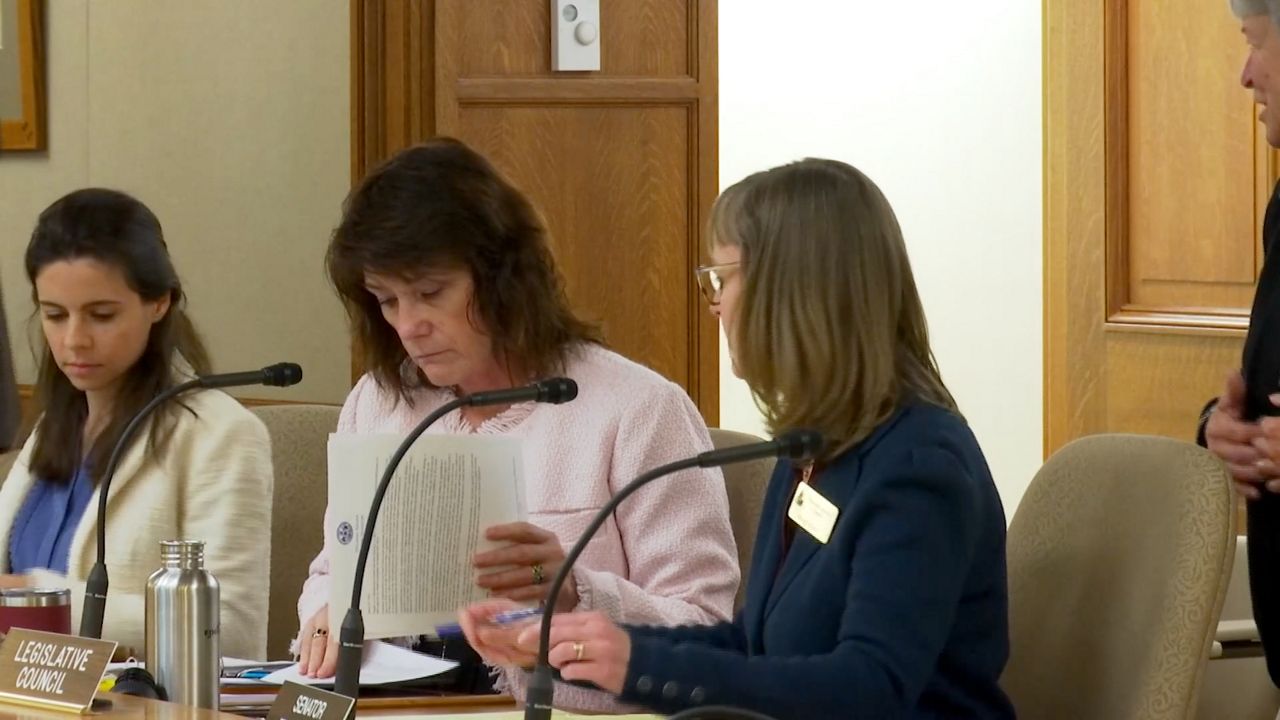MADISON, Wis. — In true statewide fashion, Assembly Republicans rolled out their medical marijuana proposal Monday, which provided a better idea of just how controlled the program would be after years of trying to build enough support within the caucus.
The architects of the legislation were clear; it’s not meant to generate tax revenue. Rather, the idea is to have a break-even program and help those in need with a variety of smokeless options.
“It can become like the wild, wild west out there, and we didn’t want that to happen here,” State Rep. Jon Plumer, R-Lodi, explained during a press conference held at the Capitol.
Plumer told reporters the state’s Department of Agriculture, Trade and Consumer Protection (DATCP) would oversee the private sector growing, processing, and testing of marijuana, while five state-run dispensaries would be managed by the Wisconsin Department of Health Services (DHS).
“The doctors are not prescribing it,” Plumer added. “They are just signing off on the fact that you have one of these conditions.”
Those would include chronic diseases such as cancer, seizures or epilepsy, glaucoma, severe pain, muscle spasms, and nausea, as well as multiple sclerosis and inflammatory bowel disease.
State Rep. Tony Kurtz, R-Wonewoc, is confident those conditions are enough to garner bipartisan backing.
“We are in split government, and I have said time and time again, that’s not necessarily a bad thing,” Kurtz said. “You know, if you think about the historic budget Republicans crafted, that was signed by a Democrat governor.”

Last week, before the nitty-gritty details of the bill were released, Democrat Gov. Tony Evers told Spectrum News 1 he would be open to signing a bill even if it wasn’t full legalization as he had previously proposed in his state budget.
“My preference would be to do both, but as long as that bill doesn’t have any real, you know, horrific issues that are nonstarters, of course, I would,” Gov. Evers responded. “There’s lots of people that use it medicinally, and we have to think about them.”
Despite a signal of support from the governor, the legislation would not only need Assembly approval, but it would have to clear hurdles in the Senate.
State Sen. Mary Felzkowski previously had a medical marijuana bill of her own, which was the first to have had a hearing in the Legislature in 2022. However, the Republican from Tomahawk was not involved with crafting the latest version from the Assembly because of concerns over government-run dispensaries.
“I appreciate that Speaker Vos and his workgroup reached out to me, in acknowledgment of my passion for this issue, and ran me through their general proposal at a ten-thousand-foot view,” Felzkowski said in a statement released Monday. “While some concepts in the bill sound incredibly well thought out, my concerns with several provisions, most notably the choice to require the state to directly dispense medical marijuana, instead of going the route of a proven, private-sector model of delivering this care, led to my decision to remain un-involved in this particular legislation. I am a firm believer that private entities, run by those with expertise in this area of medicine, are more efficient and more effective than any government agency. Taking this option off the table is the primary cause of my unease at this time.”

Felzkowski wasn’t the only lawmaker in the Senate to share a glimpse of what pushback could look like from that chamber. The leader of the minority party also weighed in.
“I have long supported marijuana for recreational and medicinal use in Wisconsin, and I am glad that my Republican colleagues are joining the conversation for medicinal use,” State Sen. Dianne Hesselbein, D-Middleton, said in a statement. “While this proposal is a small step in the right direction, I fear that it may be too restrictive as Speaker Vos previously stated.”
All of Wisconsin's neighboring states have either legalized medicinal or recreational marijuana.



